Chuck sez: "Never let a covert operation get in the way of a bad pun."
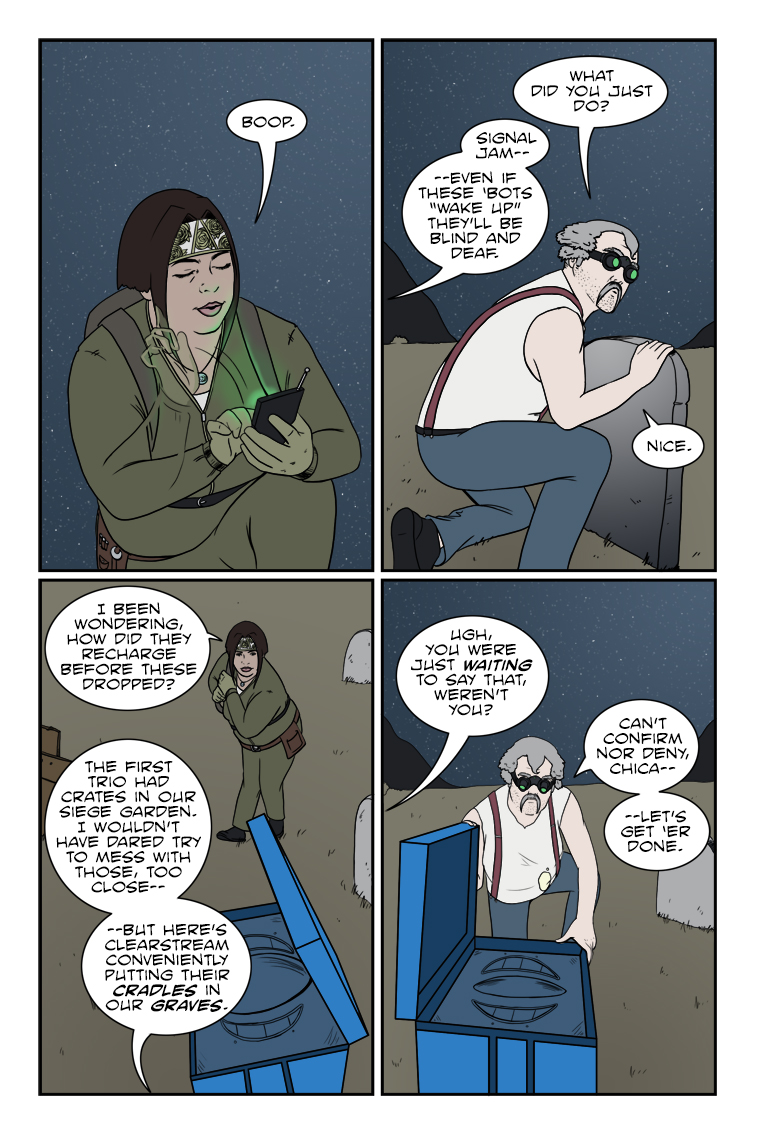
Latest Comics
-
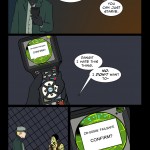
#85. 81- Hot-button Issue
20 Jun 29, 2011
-
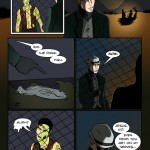
#84. 80 – Pointless Points
17 Jun 22, 2011
-
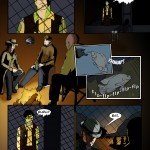
#83. 79 – Cold Comfort
24 Jun 15, 2011
-
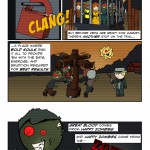
#82. 78 – Idealized Conditions
21 Jun 08, 2011
-
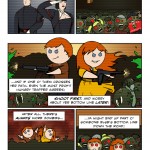
#81. 77- Too Much Of A Good Thing
48 Jun 01, 2011
-
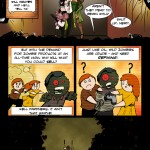
#80. 76 – Beware Of False Profits
52 May 25, 2011
-
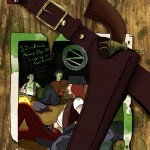
#79. EPISODE FOUR
52 May 23, 2011
-
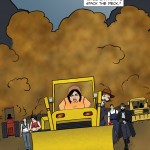
#78. 75 – Dead Man’s Hand (END OF EPISODE 3)
49 May 11, 2011
-
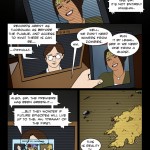
#77. 74 – The Matchmaker
50 May 04, 2011
-

#76. 73 – Signal To Noise
26 Apr 27, 2011
-
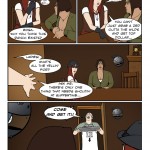
#75. 72 – Dinner Is Served
27 Apr 20, 2011
-
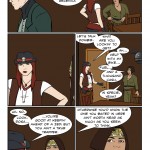
#74. 71 – Endangered Specie
26 Apr 13, 2011
-
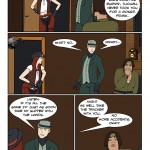
#73. 70 – Loose Talk
28 Mar 30, 2011
-
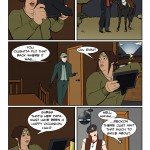
#72. 69 – Picture Perfect
34 Mar 23, 2011
-
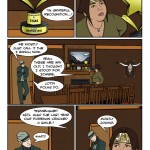
#71. 68 – Z Is For Zane
35 Mar 16, 2011
-
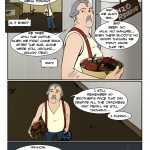
#70. 67 – Where’s The Beef?
37 Mar 09, 2011
-
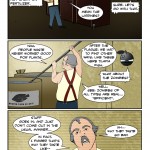
#69. 66 – Talking Crap
36 Mar 02, 2011
-
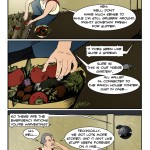
#68. 65 – Medicinal Purposes
30 Feb 23, 2011
-

#67. 64 – Rancher’s Intuition
37 Feb 16, 2011
-
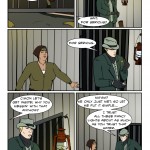
#66. 63 – Trust Issues
45 Feb 09, 2011








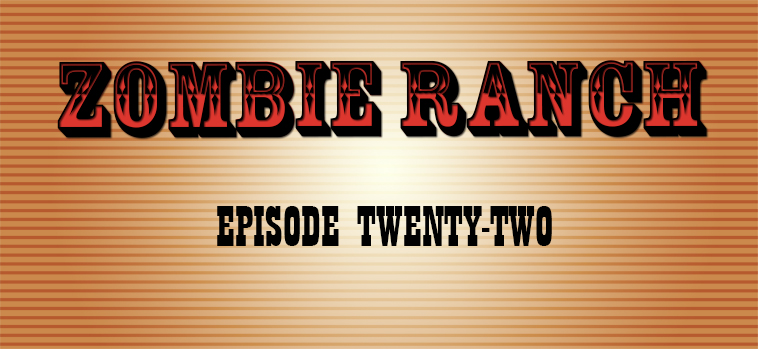
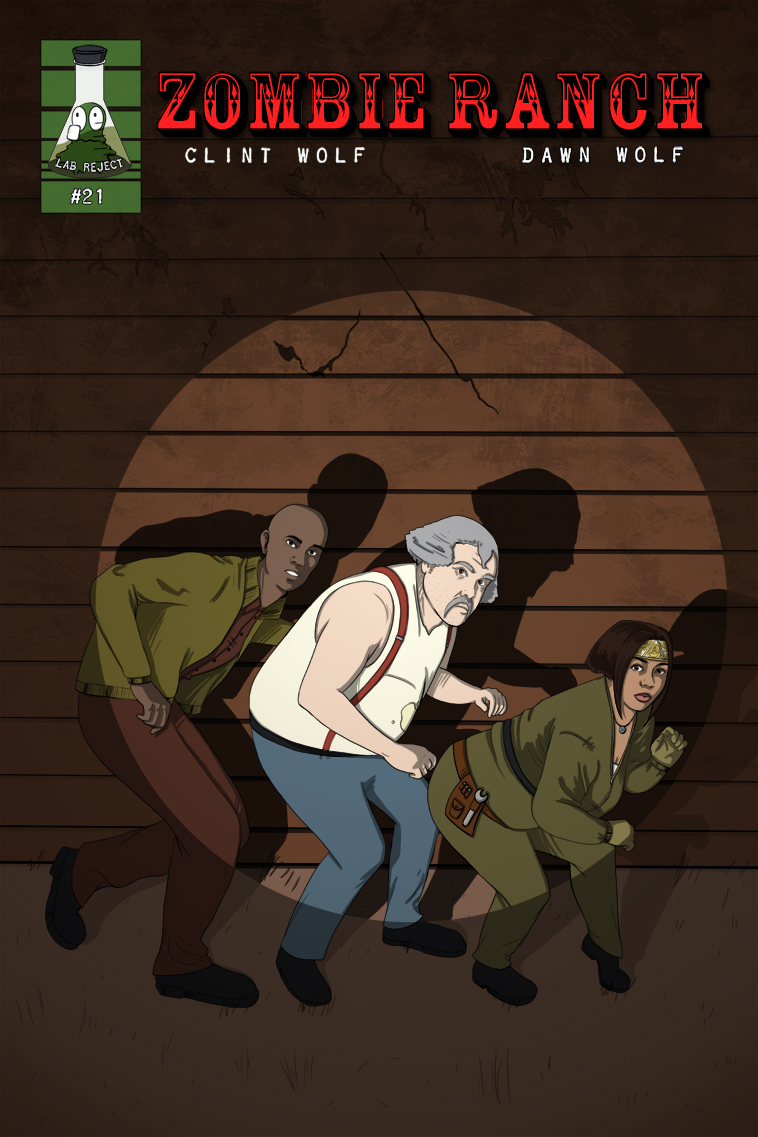
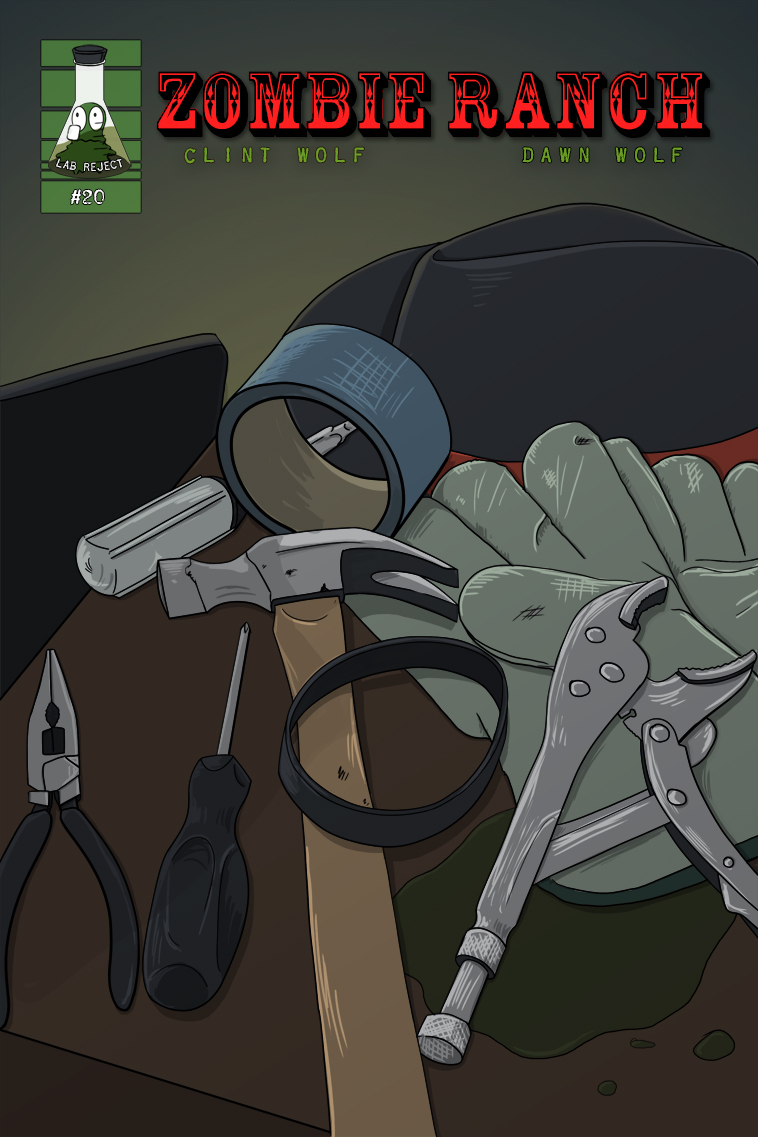
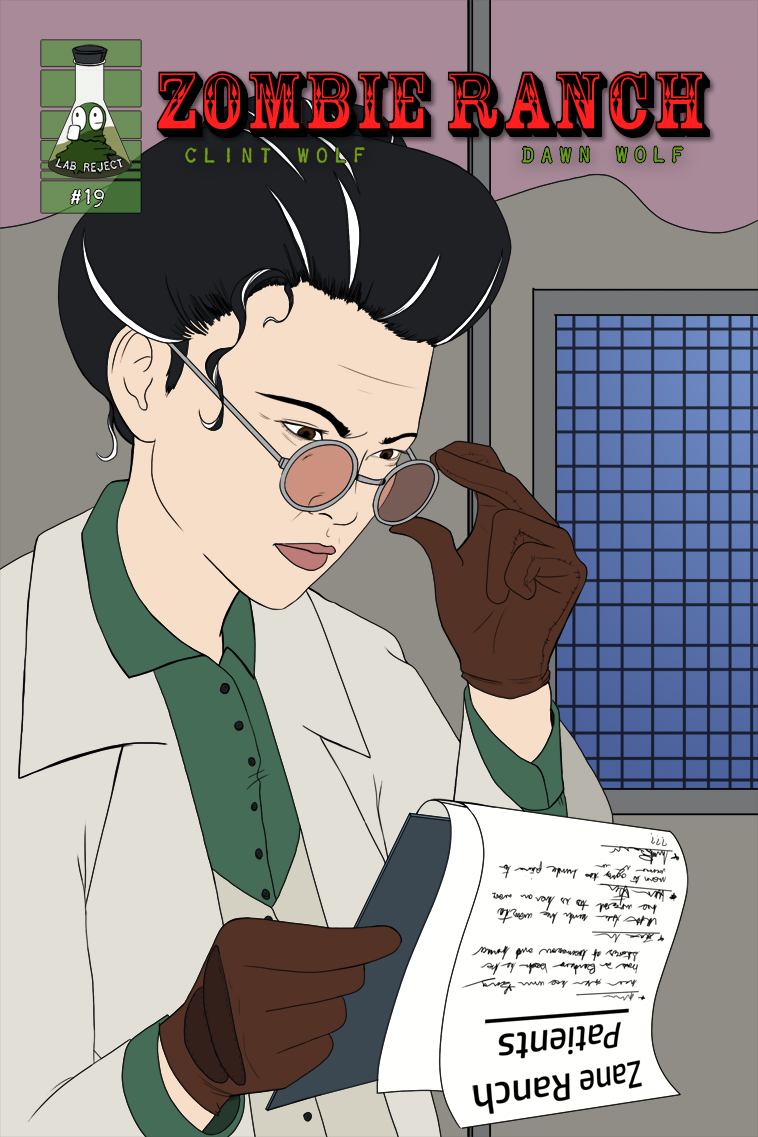
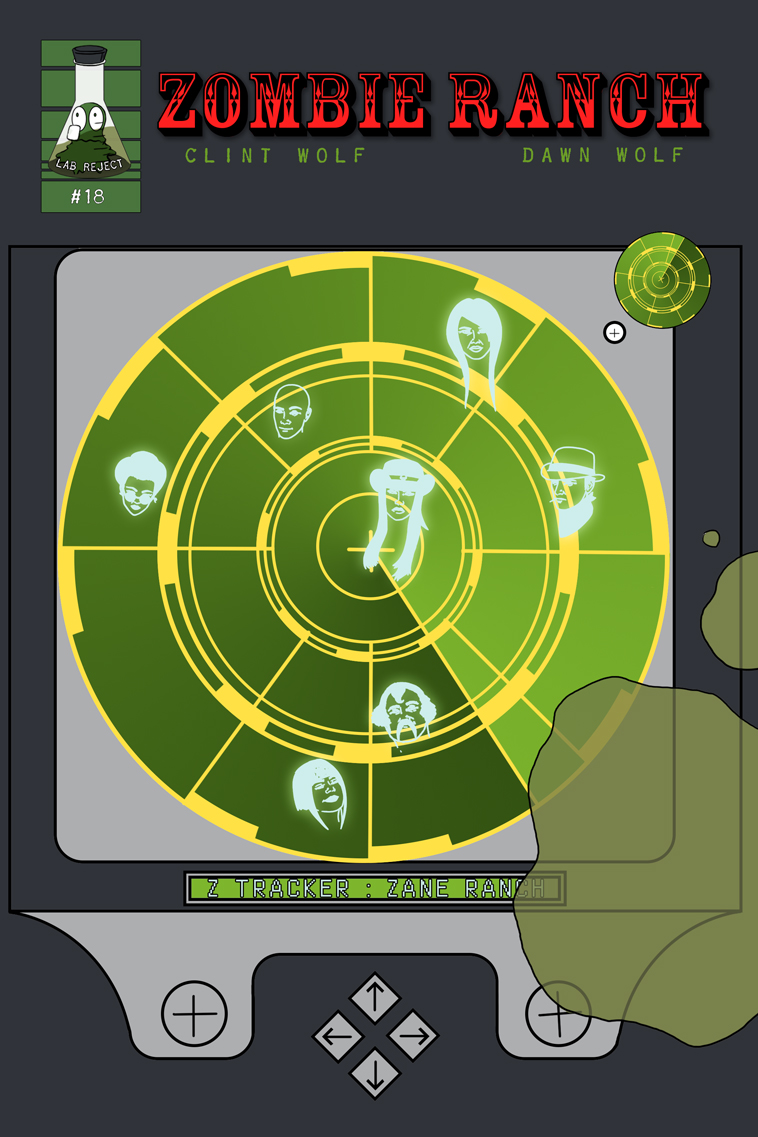
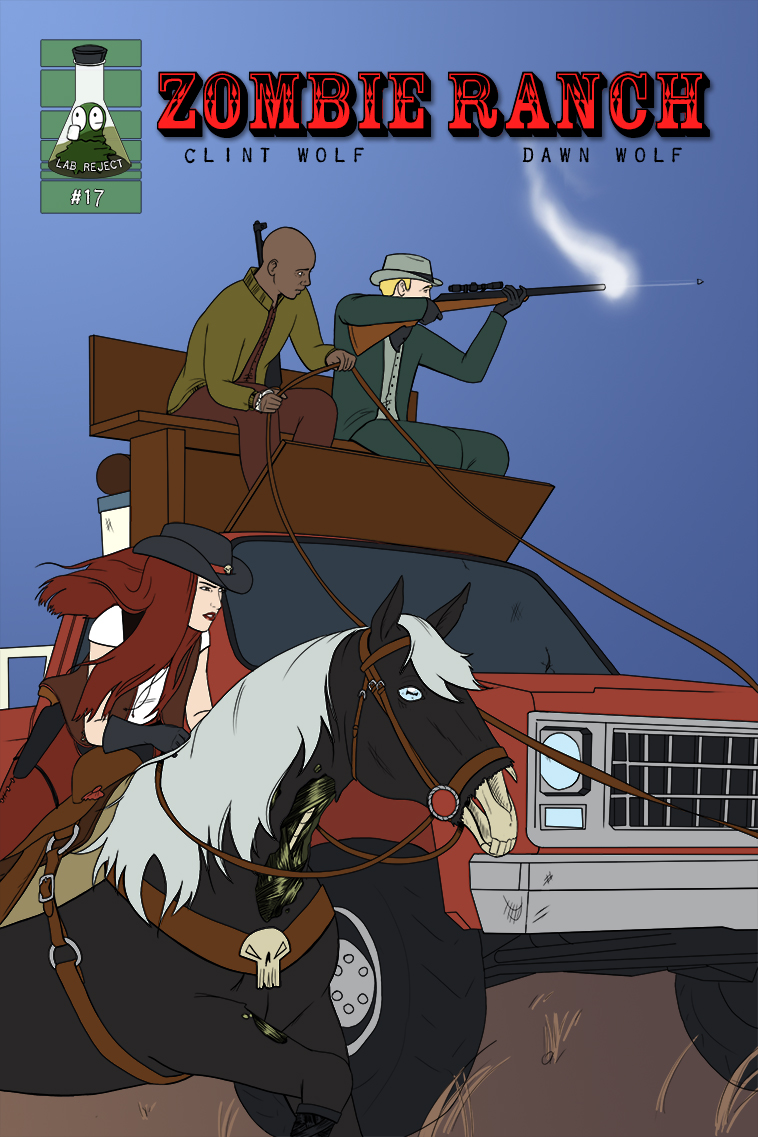
2 thoughts on “543 – Cradles And Graves”
Keith
Oh lordy, they really are a great couple…though, I suggest adopting.
Anonymous
Consequences be damned, because doing nothing might be worse.